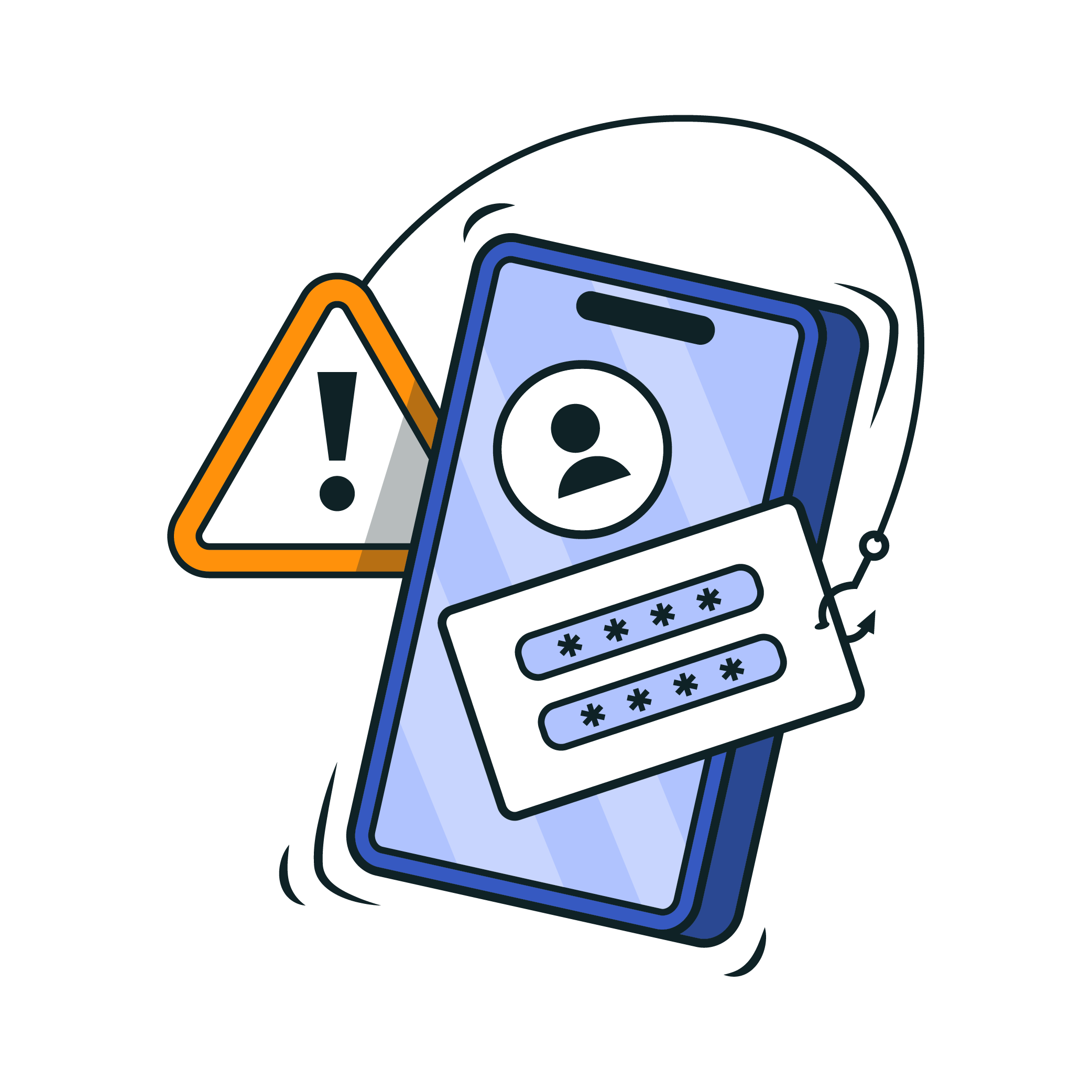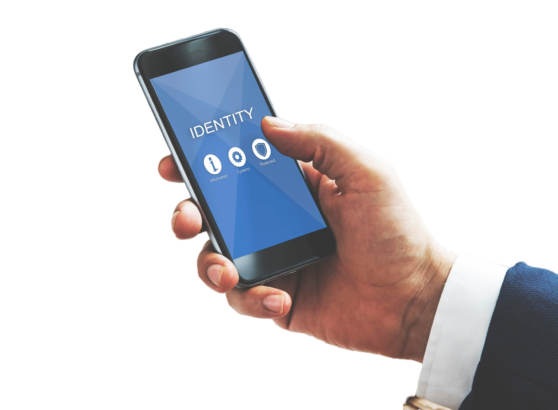
Don’t Get Hooked: How to Stay Safe from Vishing Scams
Vishing Scams
Have you ever gotten a call that seemed a little fishy? Maybe it was a robotic voice claiming your social security number was compromised or a “bank representative” urgently requesting your account information. These are both classic examples of vishing scams, a sneaky tactic where cybercriminals use the phone to trick you into revealing personal details.
Vishing (short for “voice phishing”) preys on trust and urgency. Scammers often impersonate legitimate organizations like banks, credit card companies, or even government agencies. They use scare tactics, claiming there’s a problem with your account or that you’re at risk of identity theft. Their goal? To steal your personal information, such as passwords, account numbers, or even your Social Security number.
So, how can you protect yourself from these vishing villains? Here are some key tips:
Be Wary of Unsolicited Calls:
Legitimate companies rarely contact you out of the blue, especially about urgent matters. If you receive a call claiming there’s a problem with your account, hang up and contact the company directly using a phone number you know is correct (not the one provided by the caller).
Don’t Give Out Personal Information Over the Phone: Never share your passwords, account numbers, or Social Security number with someone who calls you. Legitimate companies already have this information on file.

Recognize Red Flags: Scammers often try to create a sense of urgency or panic. They might use aggressive language, threaten legal action, or offer “too-good-to-be-true” deals. If something feels off, it probably is.
Verify Caller ID: Modern technology can manipulate caller ID, so don’t trust it as a guarantee. Always double-check the number yourself.
Take Your Time: Don’t be pressured into making decisions on the spot. Scammers thrive on confusion and quick reactions. Tell the caller you’ll call them back later and then research the company they claim to represent.
Report Suspicious Calls: If you suspect you’ve been targeted by a vishing scam, report it to the Federal Trade Commission (https://reportfraud.ftc.gov/), Canada Anti-Fraud Centre (CAFC) etc.
By following these tips and staying vigilant, you can significantly reduce your risk of falling victim to a vishing scam. Remember, knowledge is power! Educating yourself about these tactics is your best defense.
Spread the Word!
Vishing scams can target anyone, so share this information with your friends and family. By working together, we can create a safer online and phone environment for everyone.





















